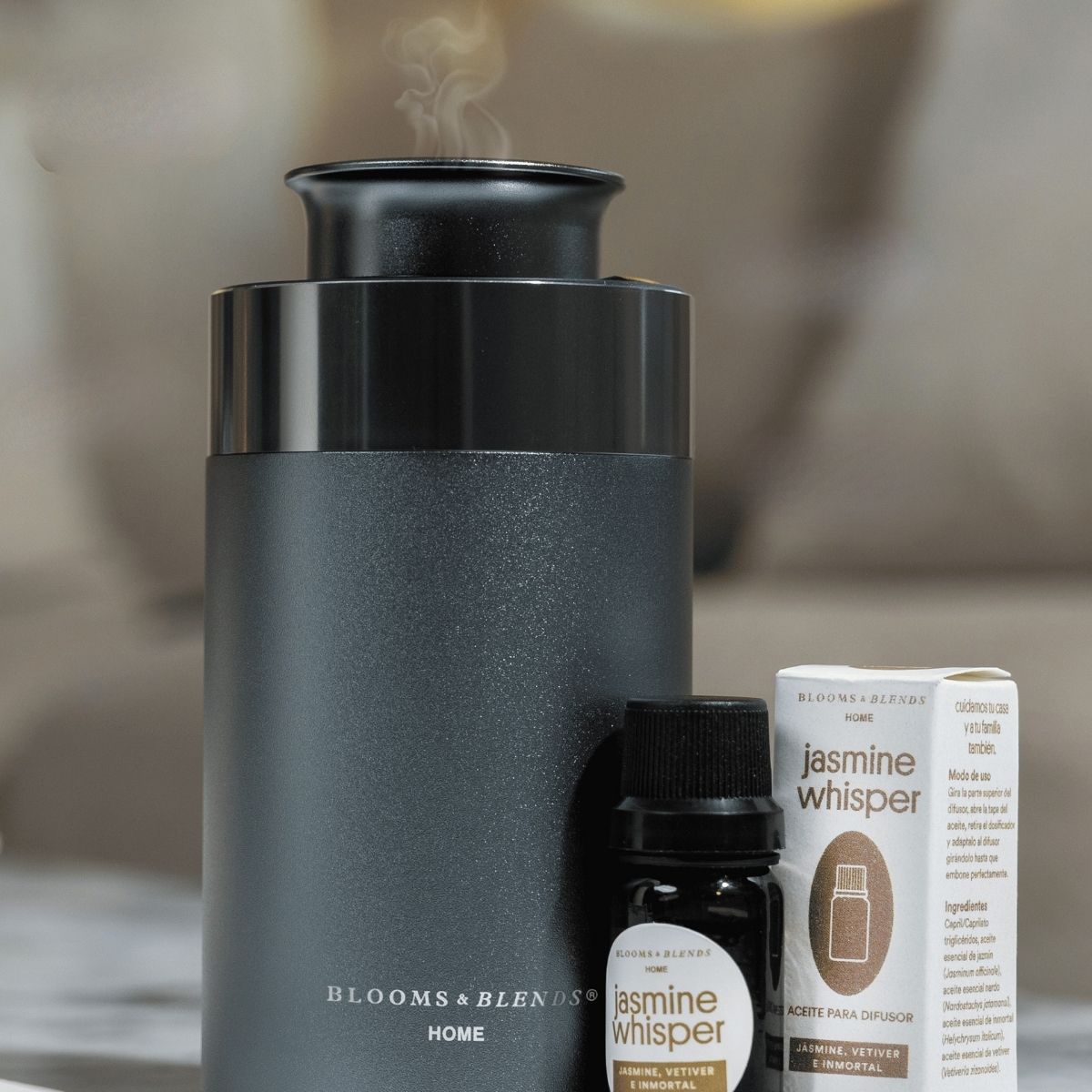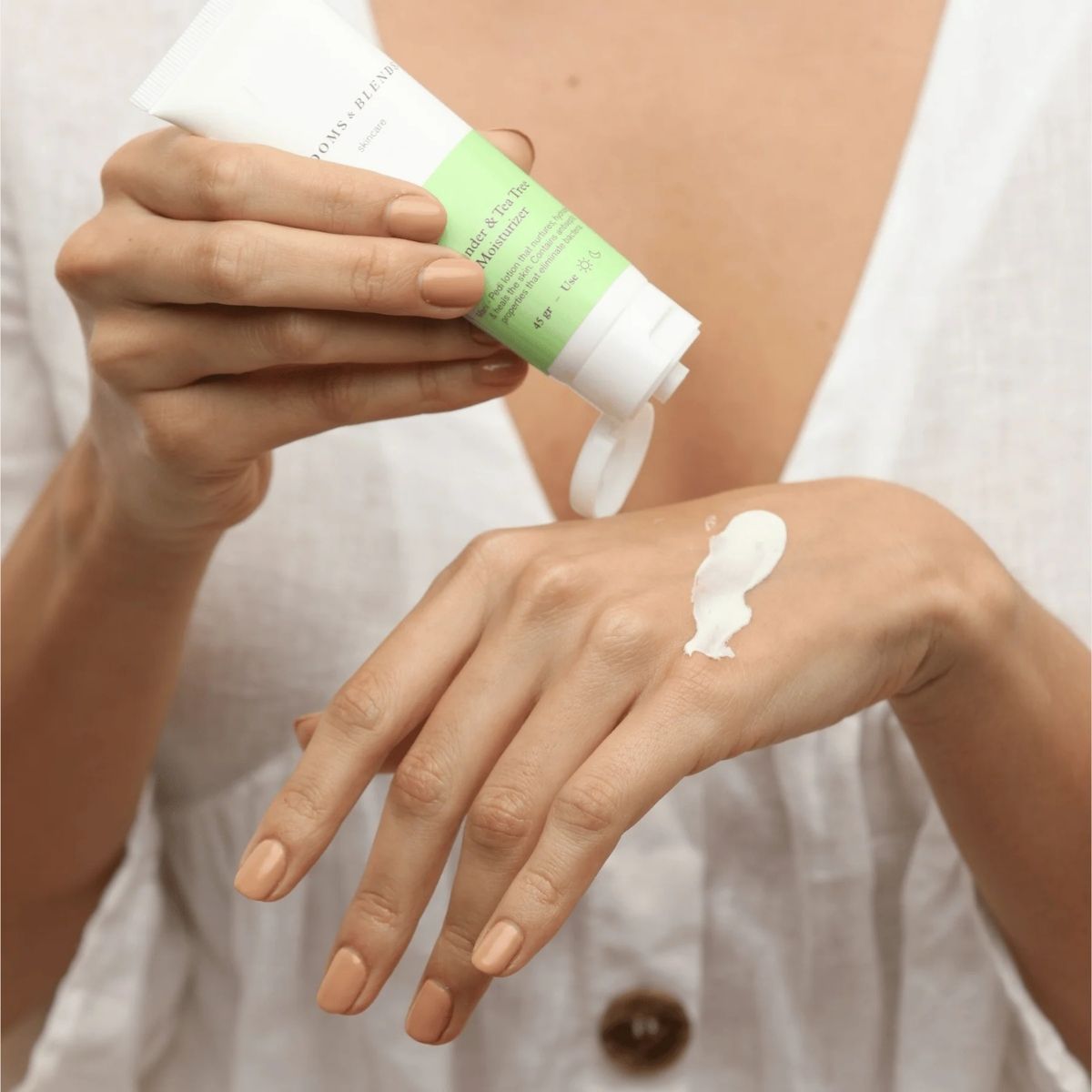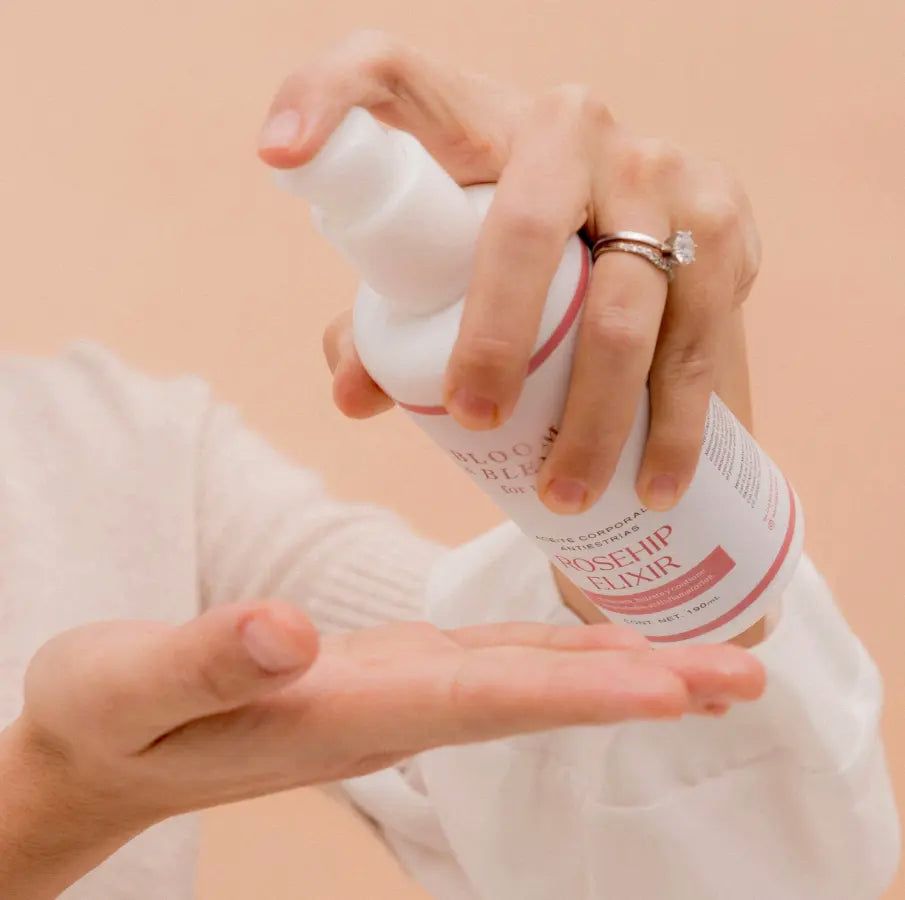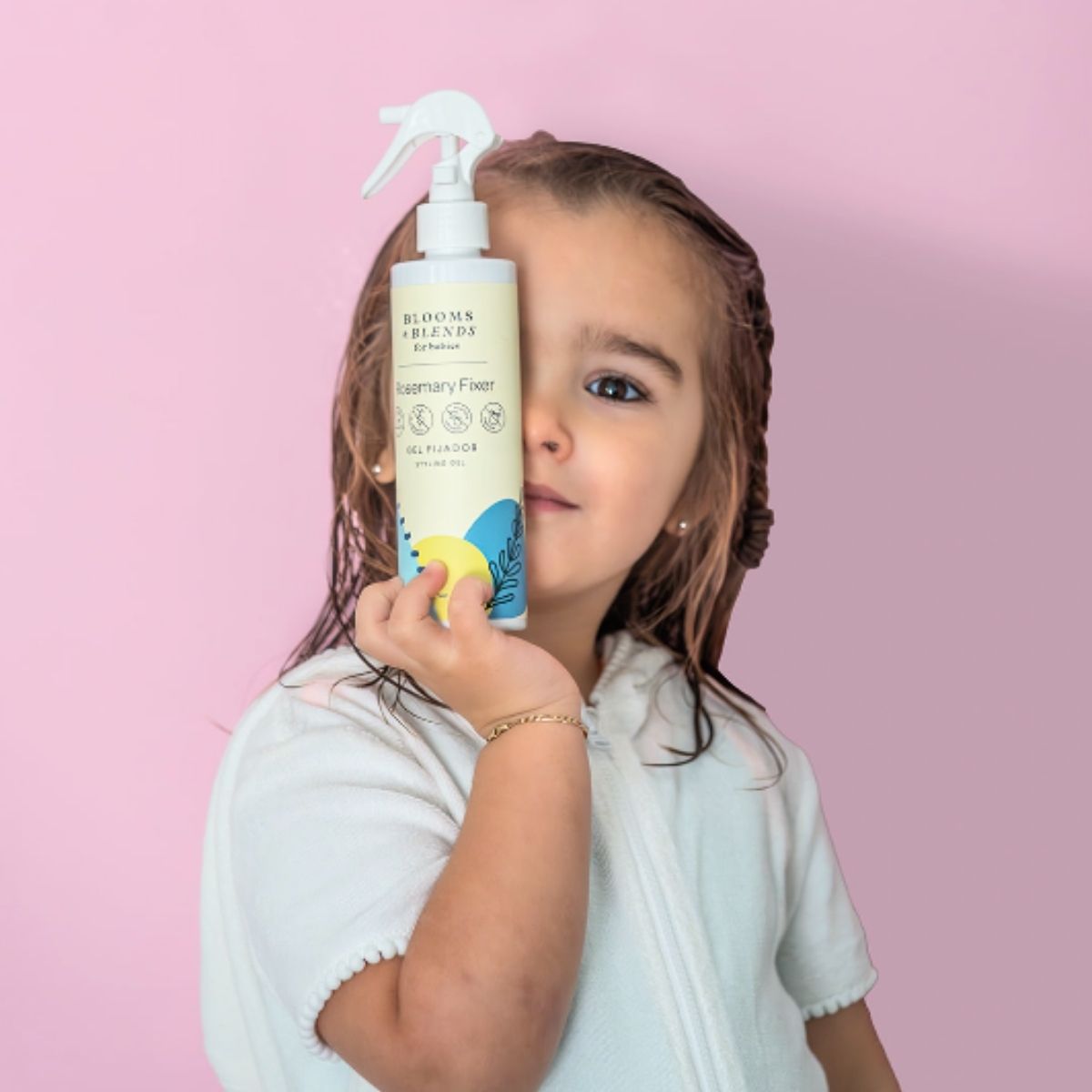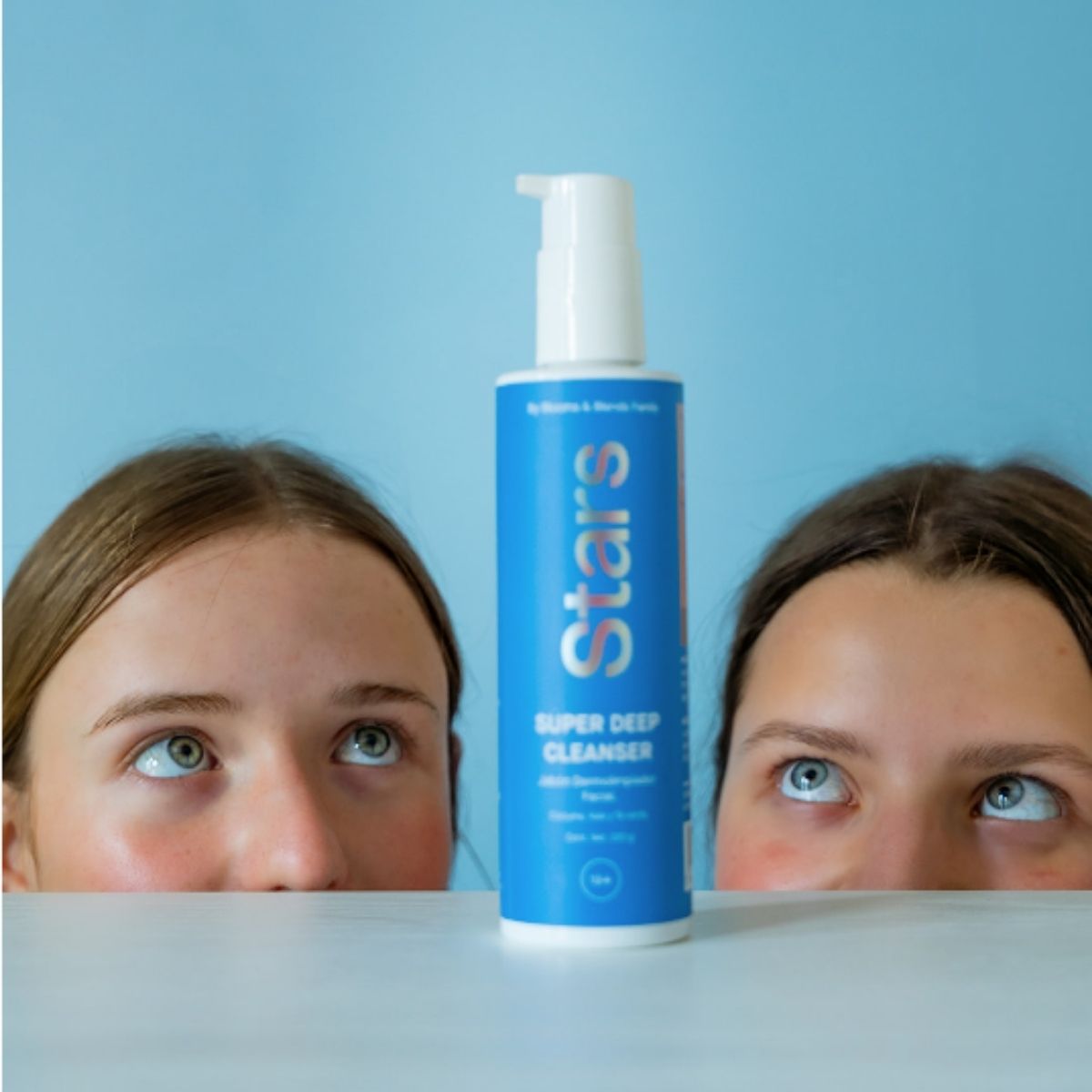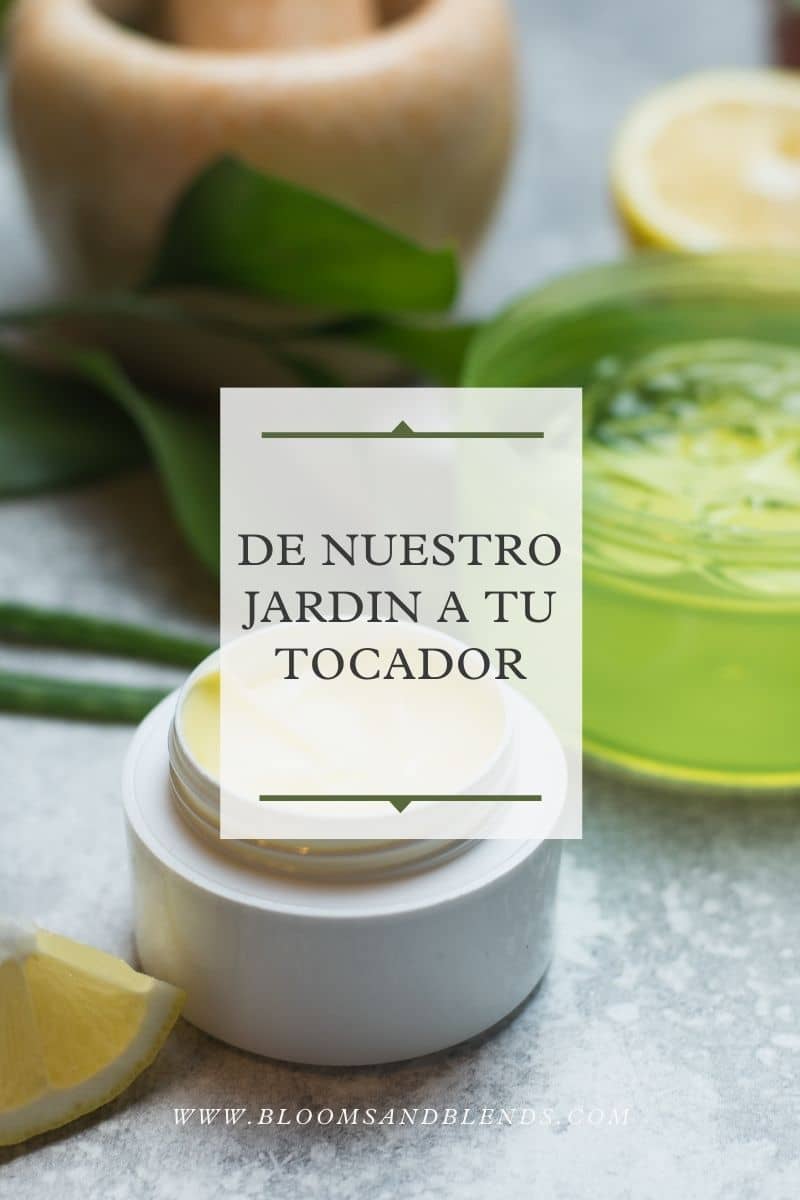
That's why we sometimes cut some leaves and flowers from the garden to explore all the benefits that these gifts of nature have for us.
Roses, calendula, mint, arnica, and aloe vera are just some of the plants and flowers you can find in our botanical garden. Here, our senses are heightened by the many shapes and colors and the different scents we breathe. We believe that nature has given us a wide variety of ingredients that are beneficial to our health and well-being, which is why we sometimes pick some leaves and flowers from the garden to explore all the benefits these gifts of nature have for us. Shall I tell you about them?
Lavender : Although you may have never seen lavender, you surely recognize its scent and color. This flower is known for its relaxing properties and for being an ally against stress, but lavender also has multiple benefits for the skin. Lavender has anti-inflammatory properties, helping to relax and soothe irritations such as burns, cuts, and stings.

Roses: A flower that needs no introduction, and you're probably familiar with rose water, too. This facial toner, which you'll likely find on your grandmother's vanity, has been used for many years in skincare. Rose water has anti-aging properties and helps reduce facial redness and inflammation. Plus, this elixir is super versatile and can be used to refresh your skin and seal makeup, as well as remove makeup—what more could you need?
Chamomile : We love it in a tea, but we like it even more on our skin. Chamomile cleanses, soothes, reduces inflammation, and tones. It has anti-inflammatory and antiseptic properties that help fight acne. If that weren't enough, it helps reduce the appearance of dark circles and red veins around the eyes. Overall, chamomile helps you look younger and fresher, and for those reasons, we had to include it as one of the main ingredients in our calming toner .
Green Tea: Contains components such as catechins and vitamins C and E, which are ideal for the well-being of our skin. It's primarily known for its antioxidant properties, and it's truly a wonder, helping protect you from the sun and delaying premature skin aging and the appearance of wrinkles. It also helps prevent skin cancer, as it's composed of 30% polyphenols (such as folic acid), which fight free radicals and slow cellular oxidation. If this doesn't convince you, it also serves as a natural tonic and helps reduce inflammation. You can certainly include it in both your diet and your beauty routine. We suggest this micellar water with green tea to cleanse your skin and remove dead cells.
Calendula: Calendula has been used to treat topical problems for over 3,000 years. Due to its healing and moisturizing effects, it's used to treat and soothe wounds, chafing, and burns. What many don't know is that it also helps stimulate collagen production and is rich in antioxidants, helping us regenerate skin, prevent wrinkles, and give us a more youthful appearance. Calendula also helps reduce skin inflammation and prevent scarring from problems like acne or burns. The best part? It can be used on sensitive skin and can literally be applied from the forehead to the tips of the toes.

Verbena: When we think of verbena, we immediately think of its delicious and relaxing aroma. However, in addition to its calming effects, verbena has great benefits for the skin. This medicinal plant has been used in Europe for many years for its analgesic, sedative, and antibacterial properties. On the skin, this plant hydrates, nourishes, regenerates, reduces inflammation, and soothes. It can also be used on dry and sensitive skin and helps heal and reduce marks that age has left on our skin. We love using our lavender + verbena cream every day. We know you'll fall in love with it too!
Basil: Everyone should definitely have a basil plant in their garden, whether to add it to their Caprese salad or to apply it to their skin. Basil is a great anti-inflammatory and healing agent, helping to repair skin irritations, insect bites, wounds, and even dermatitis. Its main function is bactericidal and antibacterial, which is why it's widely used to combat acne, as it reduces inflammation, has antiseptic properties, and also helps prevent scarring.


